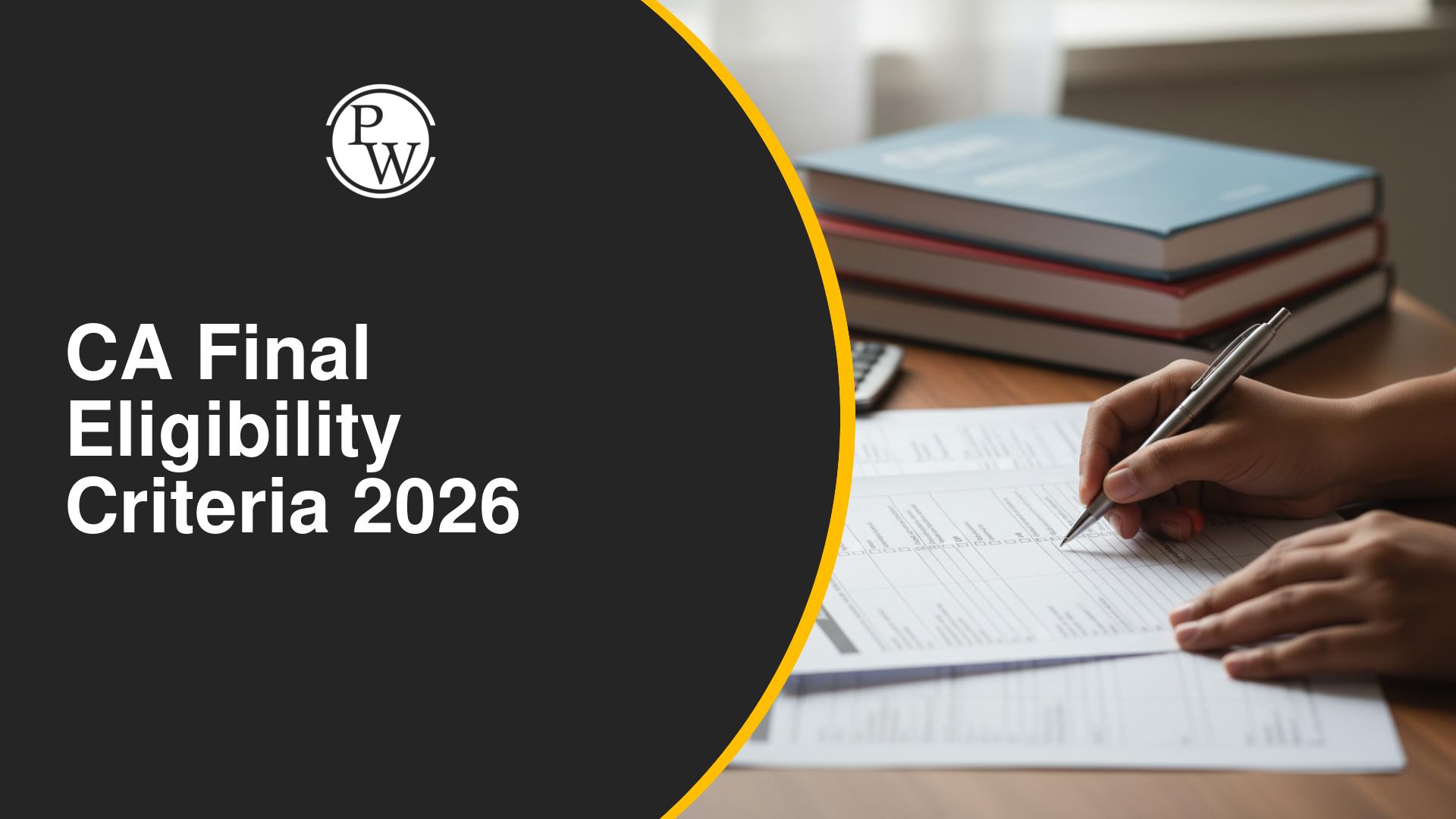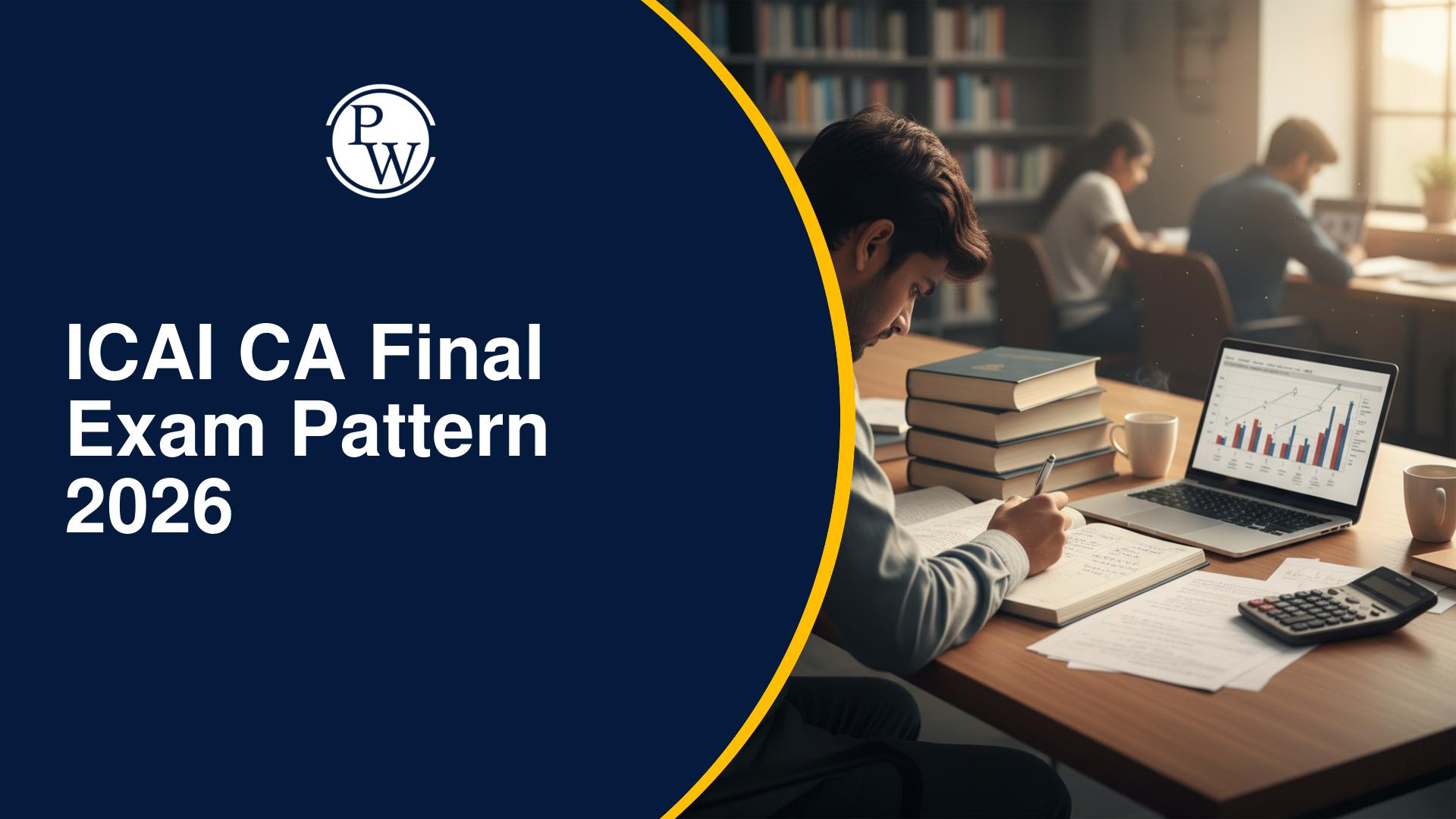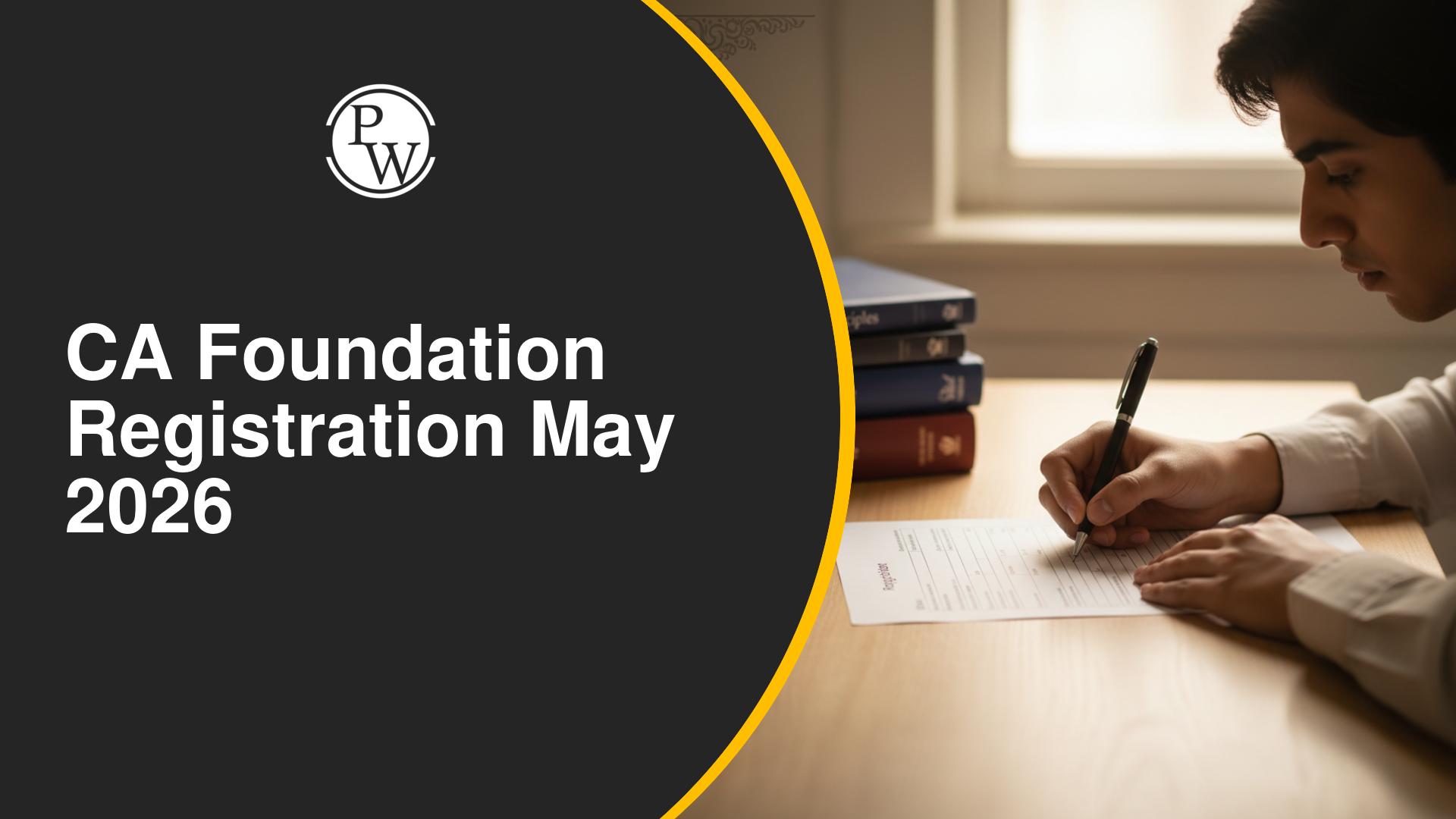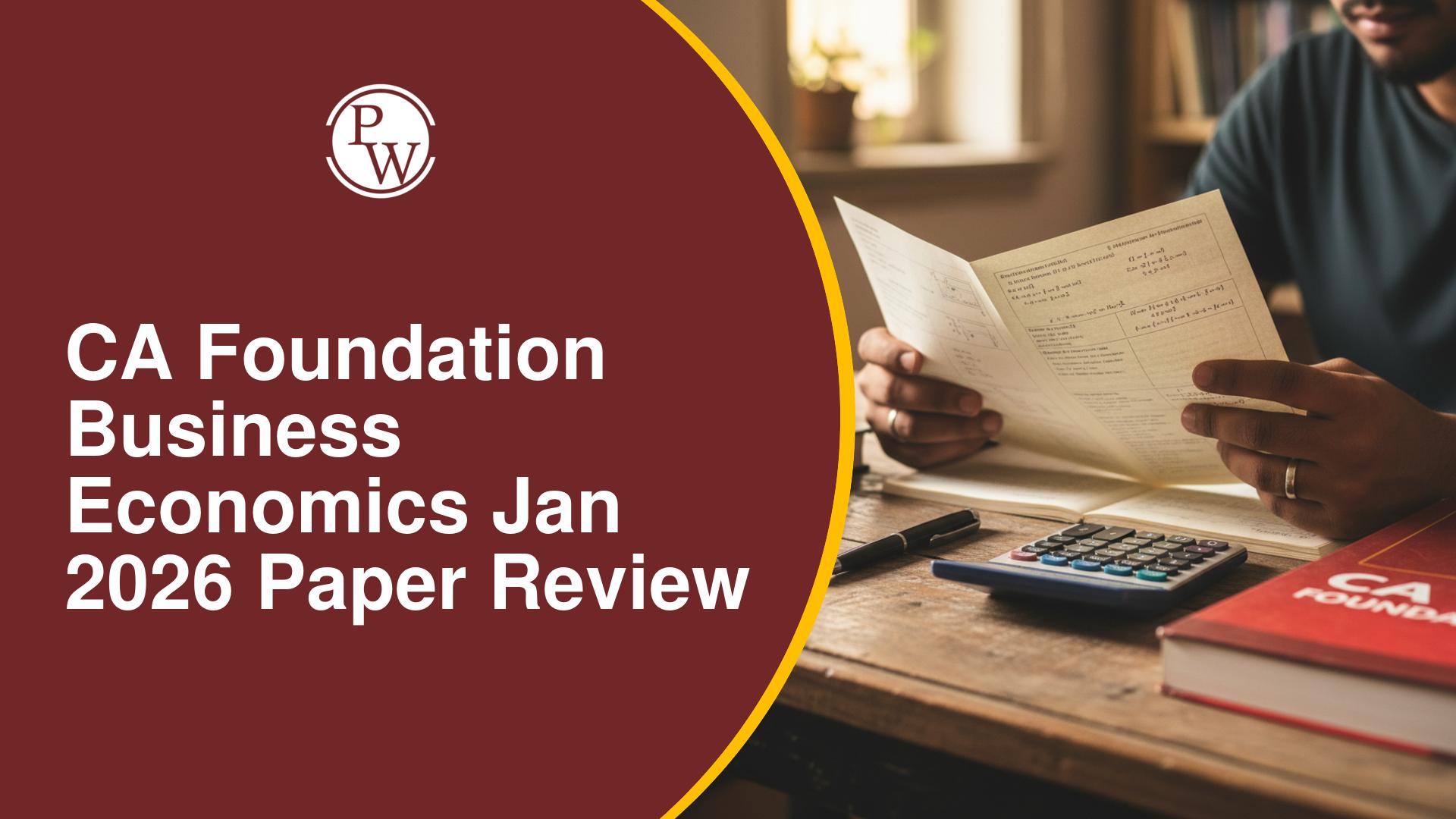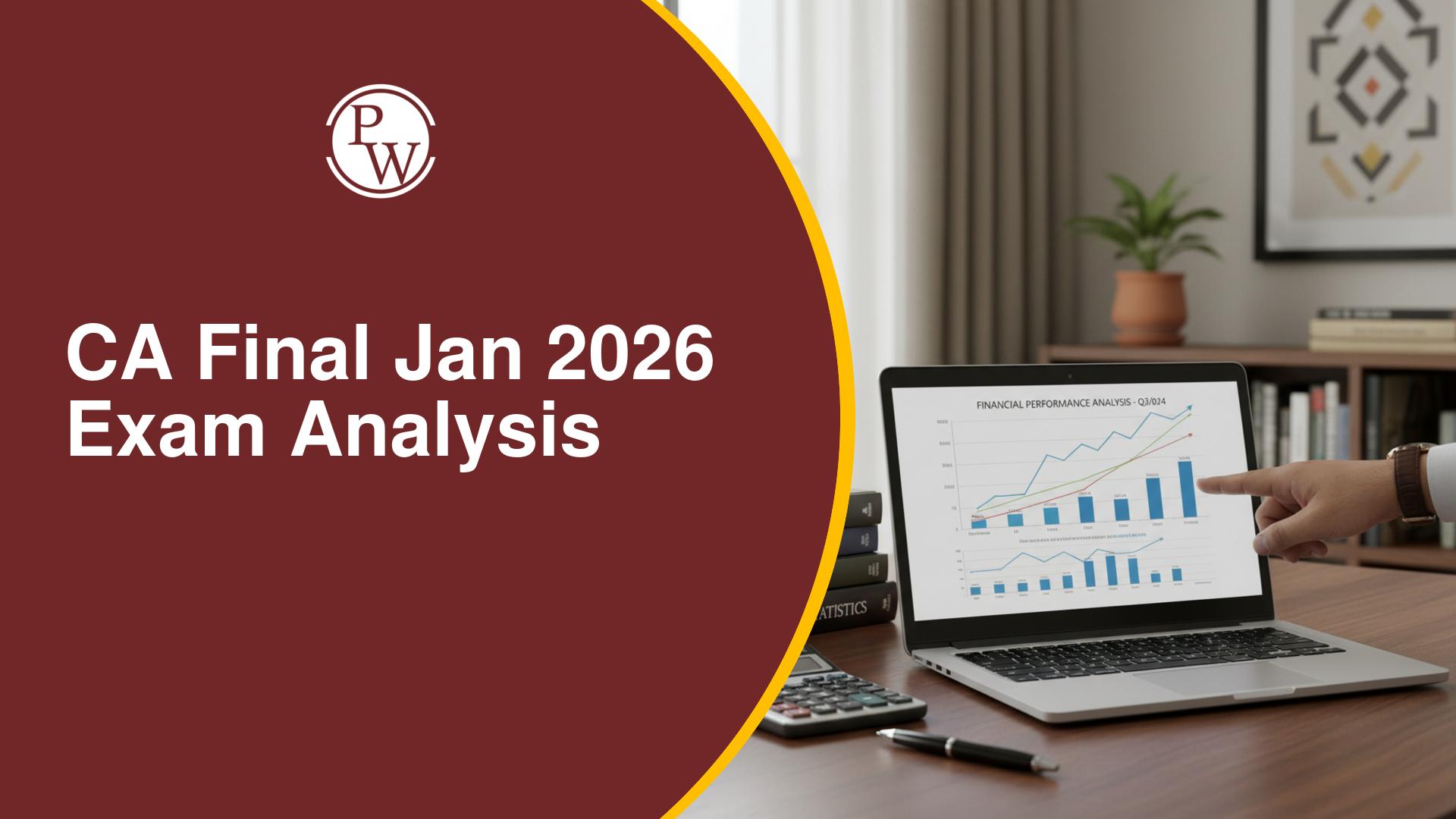
Recording accounting transactions forms the core of financial accounting, enabling businesses to document and manage their financial data effectively. For aspiring Chartered Accountants, mastering this skill is essential as it builds the foundation for understanding complex economic systems and principles.
This article dives deep into what recording accounting transactions entails, why it’s important, and how to excel at it while preparing for CA Exams.What is Recording Accounting Transactions?
Recording accounting transactions refers to the organized documentation of a business’s financial activities in its books of accounts. These activities include sales, purchases, payments, and receipts, and they are recorded systematically to maintain financial accuracy and transparency. This process involves identifying financial events, categorizing them, and recording them in primary books like journals and ledgers. For CA students, mastering this concept is non-negotiable. It serves as the stepping stone for understanding advanced accounting areas such as auditing, financial reporting, and taxation. Grasping this fundamental skill ensures you are well-prepared for both academic and professional challenges.Importance of Recording Accounting Transactions
Mastering recording accounting transactions is vital for CA students, as it forms the core of their accounting knowledge and practical expertise.1. Foundation of Accounting Knowledge
Recording transactions is the first step in the accounting cycle. It enables the preparation of financial statements, a skill that is extensively tested in CA exams. Without a solid grasp of this process, advanced topics such as auditing, taxation, and financial analysis can become daunting.2. Relevance in Exam Preparation
CA exams often include practical problems and case studies related to transaction recording. Students proficient in this area can confidently tackle such questions, boosting their overall performance.3. Professional Application
In their careers, Chartered Accountants are expected to verify and analyze financial records. Mastering transaction recording ensures accuracy and compliance in financial reporting, which is critical in audits and financial management.4. Error Prevention and Transparency
Accurate transaction recording minimizes errors in financial reporting and enhances an organization’s credibility. It ensures compliance with accounting standards and legal requirements, which is crucial for businesses and professionals alike.5. Analytical Skill Development
Recording transactions develops students’ ability to understand the financial implications of business activities. This analytical mindset is invaluable in roles requiring strategic decision-making.Key Steps to Record Accounting Transactions
The process of recording accounting transactions can be broken down into simple, manageable steps:1. Identifying the Transaction
Every transaction starts with identifying a financial event, such as a purchase, sale, or payment. This step is crucial to ensuring that all relevant activities are accounted for.2. Categorizing the Transaction
Determine the type of account involved, asset, liability, income, or expense, and decide whether it will be debited or credited based on the rules of accounting.3. Documenting the Transaction
Source documents such as invoices, bills, or receipts provide the necessary details for recording. These documents ensure accuracy and act as evidence for audit purposes.4. Making Journal Entries
Record the transaction in the journal by specifying the debit and credit accounts, along with a brief description of the transaction. This forms the initial record in the accounting cycle.5. Posting to the Ledger
Transfer the journal entries into specific ledger accounts. This step summarizes transactions for each account, making it easier to track balances and prepare financial statements.6. Preparing a Trial Balance
After posting to the ledger, create a trial balance to ensure that total debits equal total credits. This step verifies the accuracy of the recorded transactions.7. Generating Financial Statements
Use the trial balance to prepare key financial statements such as the income statement, balance sheet, and cash flow statement. Join PW CA Courses for expert guidance on mastering topics like recording accounting transactions and achieving your dream of becoming a Chartered Accountant!| Also Check | |
| Tax Evasion | Optimal Capital Structure |
| Impact of Economic Policies on Businesses | Impact of Globalization on Local Economies |
| Marginal Costing | Benefits of Standard Costing in Manufacturing |
Recording Accounting Transactions FAQs
What does recording accounting transactions mean?
It’s the process of documenting a business’s financial activities systematically for accurate financial reporting.
Why is recording accounting transactions important for CA students?
It builds a solid foundation for advanced accounting concepts and is critical for exam success and real-world applications.
What tools can I use for recording accounting transactions?
Popular tools include Tally, QuickBooks, and Excel, which simplify the recording and reporting process.
What are the common mistakes in recording accounting transactions?
Errors include misclassifying transactions, ignoring documentation, and poor time management during exam preparations.
Talk to a counsellorHave doubts? Our support team will be happy to assist you!

Check out these Related Articles
Free Learning Resources
PW Books
Notes (Class 10-12)
PW Study Materials
Notes (Class 6-9)
Ncert Solutions
Govt Exams
Class 6th to 12th Online Courses
Govt Job Exams Courses
UPSC Coaching
Defence Exam Coaching
Gate Exam Coaching
Other Exams
Know about Physics Wallah
Physics Wallah is an Indian edtech platform that provides accessible & comprehensive learning experiences to students from Class 6th to postgraduate level. We also provide extensive NCERT solutions, sample paper, NEET, JEE Mains, BITSAT previous year papers & more such resources to students. Physics Wallah also caters to over 3.5 million registered students and over 78 lakh+ Youtube subscribers with 4.8 rating on its app.
We Stand Out because
We provide students with intensive courses with India’s qualified & experienced faculties & mentors. PW strives to make the learning experience comprehensive and accessible for students of all sections of society. We believe in empowering every single student who couldn't dream of a good career in engineering and medical field earlier.
Our Key Focus Areas
Physics Wallah's main focus is to make the learning experience as economical as possible for all students. With our affordable courses like Lakshya, Udaan and Arjuna and many others, we have been able to provide a platform for lakhs of aspirants. From providing Chemistry, Maths, Physics formula to giving e-books of eminent authors like RD Sharma, RS Aggarwal and Lakhmir Singh, PW focuses on every single student's need for preparation.
What Makes Us Different
Physics Wallah strives to develop a comprehensive pedagogical structure for students, where they get a state-of-the-art learning experience with study material and resources. Apart from catering students preparing for JEE Mains and NEET, PW also provides study material for each state board like Uttar Pradesh, Bihar, and others
Copyright © 2026 Physicswallah Limited All rights reserved.


